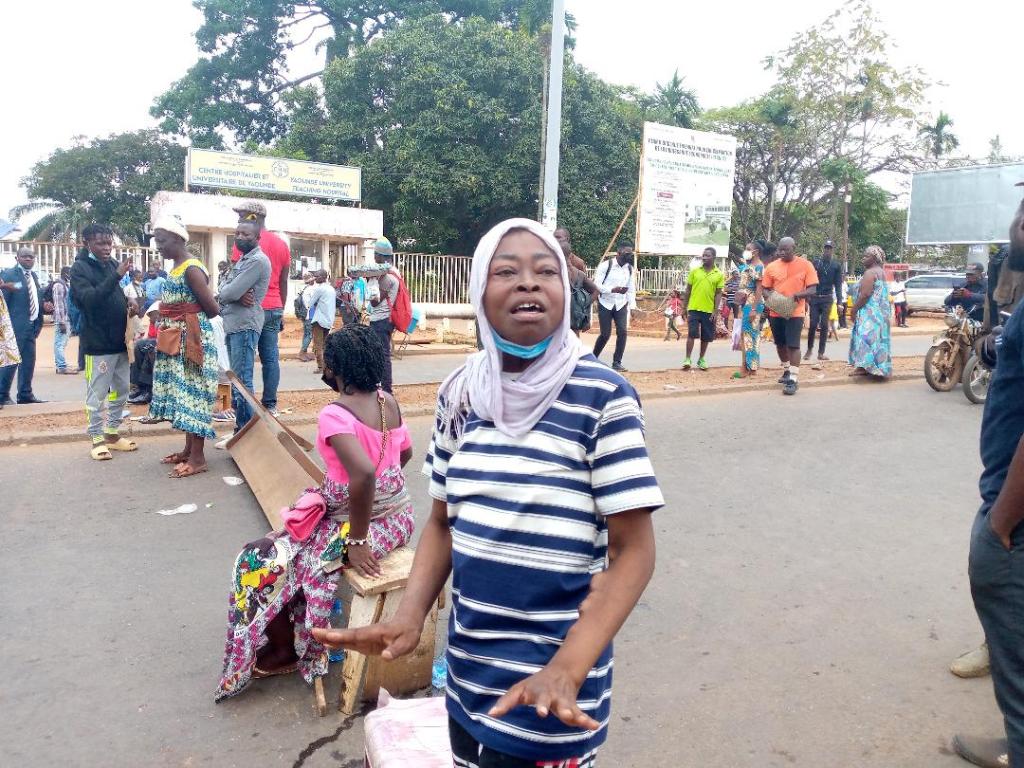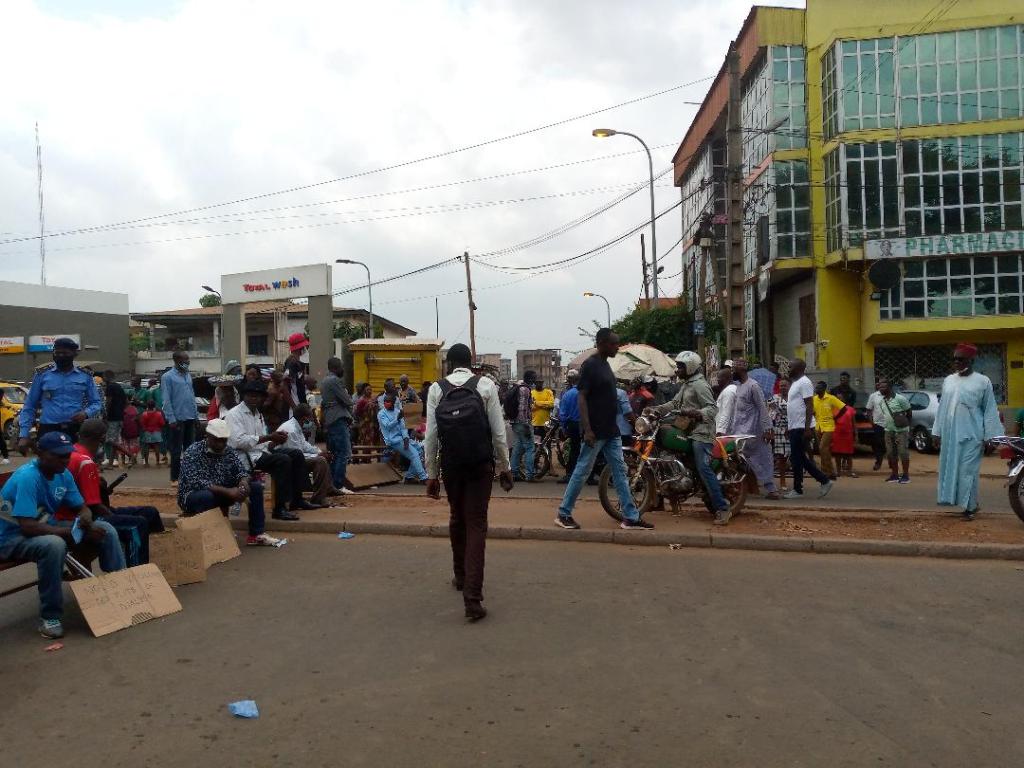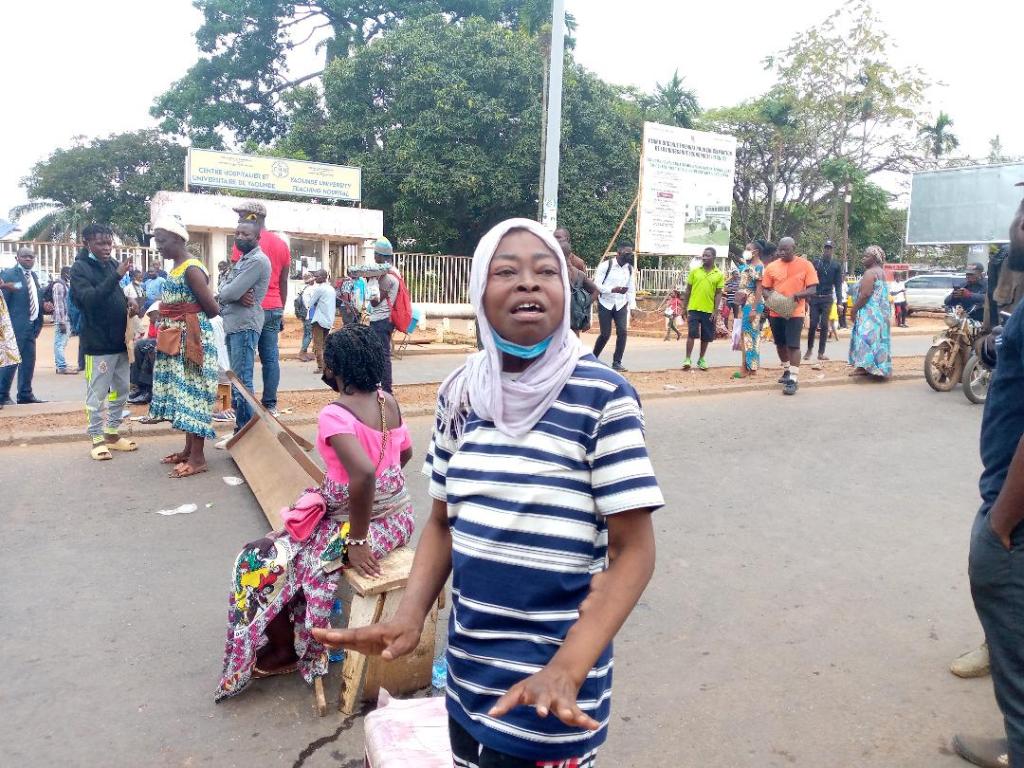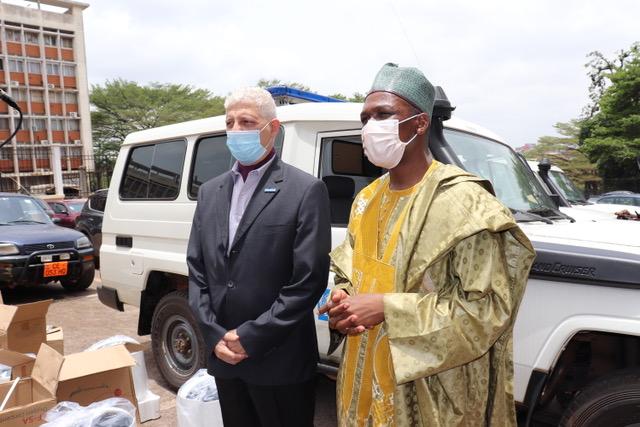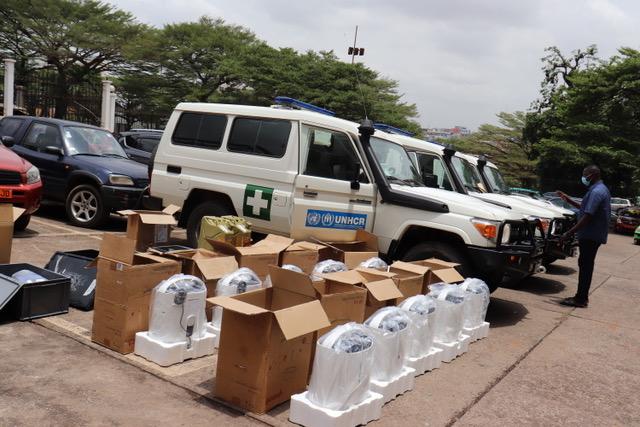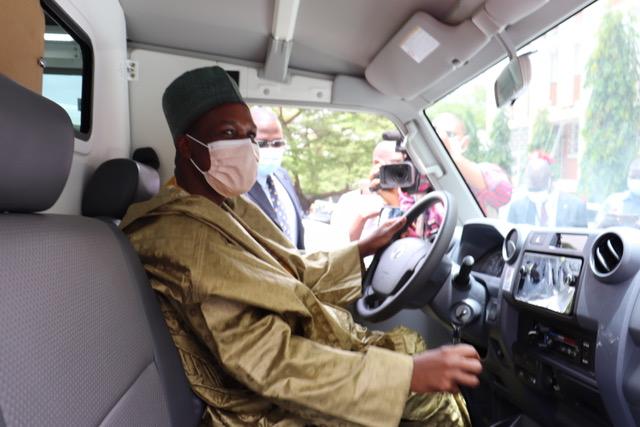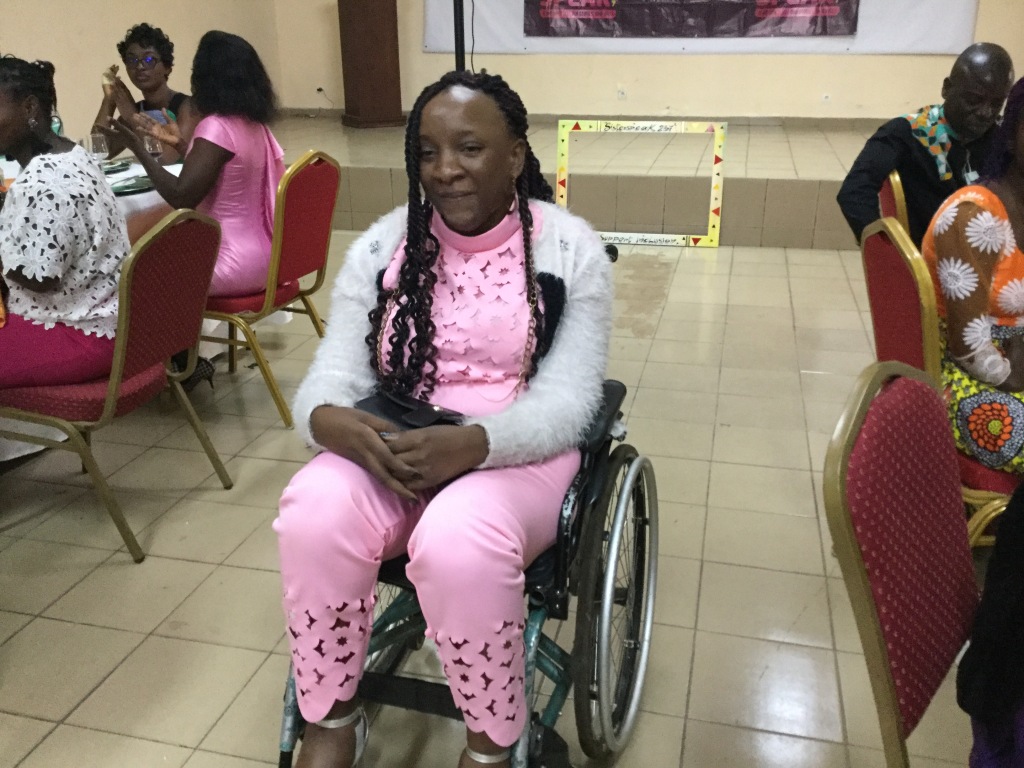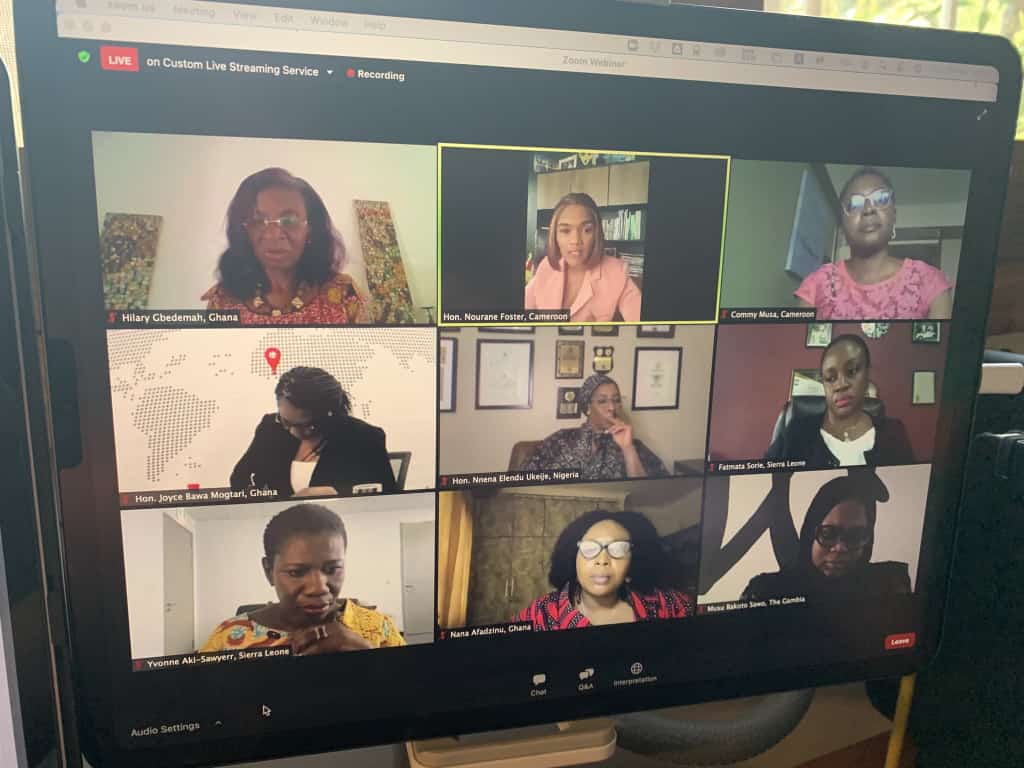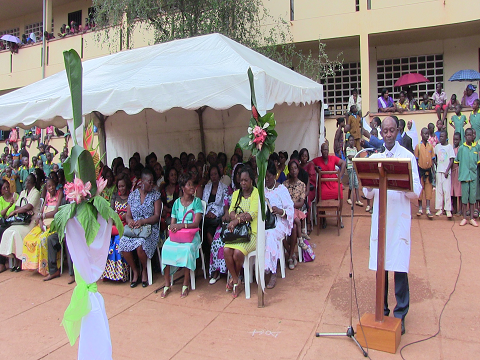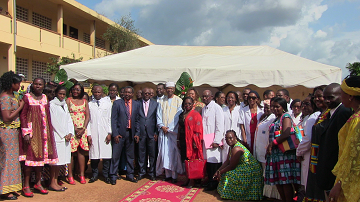By Leocadia Bongben
Cameroon is getting set to receive the Chinese vaccine, Sinopharm which would be the first after suspending the Oxford AstraZeneca vaccine.
By April 11 Cameroon would receive 200,000 doses of Sinopharm vaccine, the fruit of the Sino-Cameroon relations.
According to the permanent secretary of the Enlarged Immunization Programme, PEV Dr. Tchokfe Shalom Ndoula, the distribution and storage plan is ready in the ten regions.
“There are 522 centres in health districts in all the ten regions. For a start in Yaoundé, three sites would be specially opened for vaccination-the Conference centre, sports complex and the national museum.
We are ready after three months to have made all the arrangements to receive the vaccine to be stored in PEV facilities, Ndoula explained.
Efficacy of the Chinese vaccine
WHO experts have say Sinopharm is good for Covid-19 symptoms and is 79 percent efficient.
Vaccination is the best way to reduce the spread of the Coronavirus, experts agree.
Other countries that have received the Chineses vaccine are Mauritania, Congo-Brazzaville, Egypt, Gabon, Guinea, Equatorial Guinea, Morocco, Mozambique, Niger, Senegal, Seychelles and Zimbabwe.
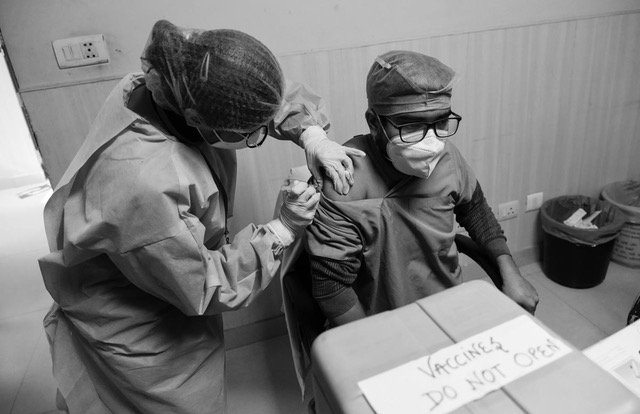
The Scientific Council and the National Immunisation Technical Advisory Group proposed three vaccines, the Oxford AstraZeneca, the Chinese Sinopharm and the Russian Sputnik V.
For now nothing has been said of how many doses of Sputnik V, only that Cameroon has an agreement with the Russian Direct Investment Fund that claims the vaccine is 91.6% effective.
Government had to suspend the Oxford AstraZeneca vaccine following suspicion of blood clots among other side effects.
As of April 1, Cameroon confirmed a total of 57 337 cases, 4717 active cases, 51 769 recoveries and 851 deaths.
https://twitter.com/drmanaouda/status/1377661292455018504?s=21
Voluntary vaccination
According to the Minister of Public Health, Manaouda Malachie, the target is frontline workers-health personnel, persons above 50 years with co-morbidity.
He insisted vaccination is targeted and voluntary in the phases of allegations that a bill is underway to make vaccination obligatory.

